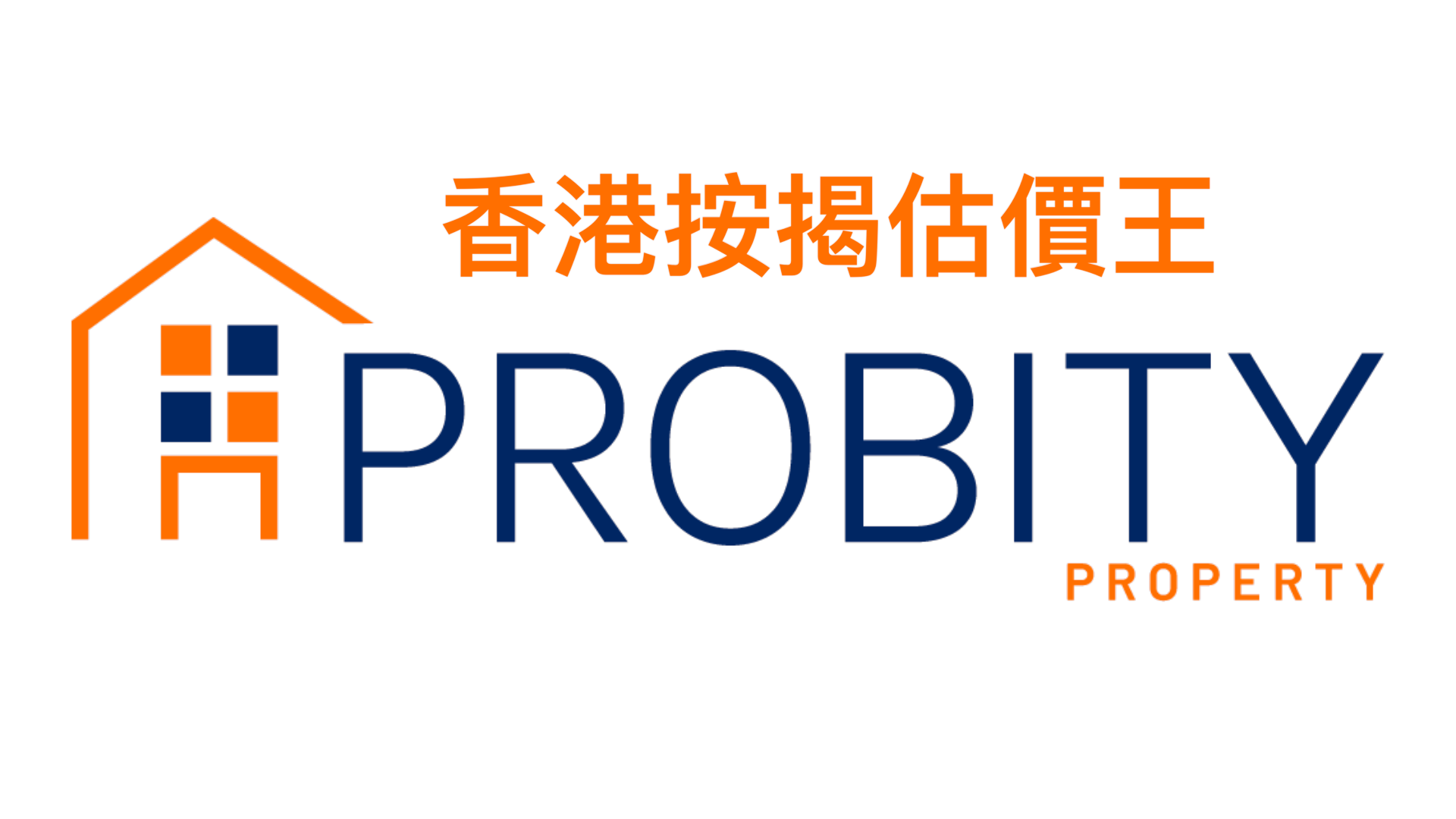Key Details You Need to Know About Buying a Haunted House with a Mortgage

Key Details You Need to Know About Buying a Haunted House with a Mortgage
Insight into the definition of a haunted house, bank appraisals, and mortgage insurance evaluations
In recent years, property prices in Hong Kong have continued to rise, prompting many people to consider buying a haunted house in search of greater value. Although such properties are typically viewed as unlucky due to past deaths or tragedies, some are still willing to take the risk due to their relatively cheaper price. This article aims to provide some key details for those considering purchasing a haunted house with a mortgage.
What is a “haunted house”?
In general, a property is not considered haunted if the occupant has died naturally (such as from illness or old age). However, if the occupant died from unnatural causes such as murder, suicide, suffocation or jumping from the building, the property is classified as a haunted house. The status of a haunted house may affect the property's appraised value and the bank's decision to grant a mortgage.
Can a haunted house be mortgaged?
There is no clear legal definition of what constitutes a haunted house. As long as the property has undergone an appraisal by an appraisal agency, it can be mortgaged, even if it is a haunted house. However, some banks may not appraise haunted houses, and therefore cannot grant mortgages. Banks may not accept mortgage applications for haunted houses due to their stricter risk management or if the tragic events that occurred in the property significantly impact its value and market potential. Nonetheless, some major banks do accept mortgage applications for haunted houses as long as the property has been appraised and has passed the relevant approval process.
It is recommended to have the property appraised by a bank before applying for a mortgage for a haunted house to determine its value and feasibility of the mortgage application. In addition, negotiating with the property owner to bring the transaction price closer to the appraisal value could increase the chance of obtaining a higher loan-to-value ratio mortgage.
What to consider when valuing a haunted house?
When valuing a haunted house, it is not advisable to rely solely on online valuations, as some valuations posted by banks online do not fully reflect the factors associated with a haunted property. Therefore, it is recommended to visit the bank in person for a valuation before signing any agreements. Additionally, it is important to ask front-line bank staff whether the property is a haunted house or shares the same floor with one, so that they can assist in relaying this information to the valuer when they call.
If you plan to apply for a mortgage for a haunted property, you should also be aware that mortgage insurance companies may re-evaluate the property's value. If the insurer's valuation is lower than the bank's valuation, it may affect your mortgage loan amount or even lead to you being unable to obtain sufficient financing. Thus, it is recommended to consider pre-approved mortgages to ensure that you receive sufficient loan amounts when applying for a mortgage.
In conclusion, investing in a haunted house comes with risks and requires careful evaluation and consideration. If you do not wish to take risks, it is recommended to choose other properties for investment. If you plan to apply for a mortgage for a haunted house, it is advised to obtain a valuation from the bank, determine the property's value and feasibility, and be mindful of the possibility of re-evaluation by mortgage insurance companies. It is also advisable to consider pre-approved mortgages to mitigate risks."


